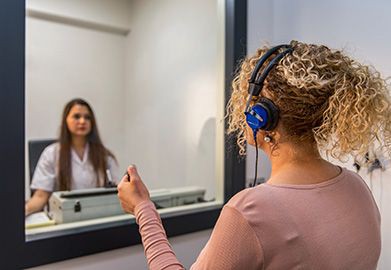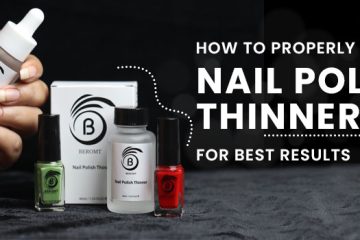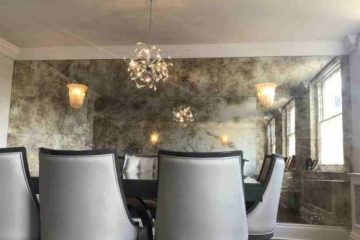Hearing loss, once predominantly associated with aging, is becoming increasingly common among young adults. The causes are varied, ranging from lifestyle choices to environmental factors. Understanding these causes, implementing prevention strategies, and exploring solutions are crucial to address this growing concern, particularly in areas like Clearwater, where the vibrant coastal lifestyle presents unique challenges and opportunities.
The primary causes of hearing loss in young adults are prolonged exposure to loud noises, ear infections, and certain medical conditions. In Clearwater, where water sports, live music, and bustling social scenes are prevalent, young adults are often exposed to high decibel levels. Attending concerts, participating in water sports, or even frequenting loud bars and restaurants can contribute significantly to hearing damage.
Another significant cause is the prolonged use of personal audio devices at high volumes. Earbuds and headphones have become ubiquitous accessories, often used at volumes that can cause irreversible damage to the delicate structures within the ear. Additionally, certain medications, known as ototoxic drugs, can damage hearing. These medications include some antibiotics, chemotherapy drugs, and even high doses of aspirin.
Ear infections are also a common cause of hearing loss. While usually temporary, chronic or severe infections can lead to permanent damage if not properly treated. Conditions such as otitis media, common in younger populations, can lead to hearing impairment if recurrent or severe.
Preventing hearing loss requires a multifaceted approach. One of the most effective strategies is the conscious management of exposure to loud noises. Ear protection during concerts, while engaging in water sports, or when visiting noisy environments can significantly reduce the risk. Clearwater’s many outdoor activities offer a unique advantage: enjoying events and activities at a safer distance from the noise source, reducing the impact on hearing.
Another critical preventive measure is the responsible use of personal audio devices. Young adults should be encouraged to follow the 60/60 rule: listening at no more than 60% of the maximum volume for no longer than 60 minutes at a time. This simple guideline can help preserve hearing health over time.
Regular hearing check-ups are also essential. Early detection of hearing loss can lead to interventions that prevent further damage. In Clearwater, where healthcare facilities are readily available, young adults should take advantage of regular screenings offered by local audiologists.
When hearing loss occurs, several solutions can help manage the condition and improve quality of life. Hearing aids are the most common and effective solution. Modern hearing aids are highly advanced, with features that filter background noise and improve clarity. In a city like Clearwater, where social interactions are frequent and diverse, these devices can help individuals remain active participants in their communities.
Cochlear implants are another option for those with severe hearing loss. These devices bypass damaged parts of the ear and directly stimulate the auditory nerve, significantly improving hearing for those who qualify.
Assistive listening devices (ALDs) are also beneficial, especially in educational and work settings. ALDs can amplify sound and make it easier to hear in noisy environments, enhancing communication. Clearwater’s vibrant social and work environments make ALDs a practical solution for many young adults facing hearing challenges.
Additionally, advancements in medical research are continuously improving treatment options. Gene therapy, for instance, holds promise for restoring hearing by repairing or replacing damaged genes within the ear. Though still in experimental stages, these treatments may offer hope for future generations.
Hearing loss in young adults is a growing concern, influenced by lifestyle choices and environmental factors. In Clearwater, where the coastal lifestyle presents unique challenges, it is essential to implement preventive measures and explore effective solutions. Young adults can significantly reduce their risk by managing noise exposure, using personal audio devices responsibly, and seeking regular hearing check-ups. For those already experiencing hearing loss, modern hearing aids, cochlear implants, and assistive listening devices offer valuable solutions to maintain an active and engaged lifestyle. As research advances, the future looks promising for more effective treatments and preventative measures.



